An initiative with a new approach: Football stars pay one percent of their income into a social fund – thus football helps underprivileged people around the world.
Kicking for a better world. This motto represents Jürgen Griesbeck’s idea and the essence of the ‘Common Goal’ initiative in a nutshell. Prominent footballers, but also other parties from this extremely capital-intensive industry, donate one percent of their income to social causes. Griesbeck is supported by many people who share his vision: Deploy football with its fascination and social binding force as a medium for a more just and peaceful society.
Jürgen Griesbeck is able to wait. As a matter of fact, he has remained skeptical about using prominent names for any purpose whatsoever for 15 years. This was for a good reason: Anyone familiar with the concept of the ambassador (and/or brand ambassador), which is widely applied in marketing and in many NGOs, knows that it can quite easily backfire – namely, when the ambassador’s reputation has passed its peak or he/she has caused a scandal. Then the blessing can turn into a curse and diminish public interest or in a worst-case scenario, negative headlines can adversely impact the subject in question or the brand.
However, it is not just celebrities who become ambassadors for a good cause. The greater the number of voices supporting a goal, the higher the public visibility. That’s how Jürgen Griesbeck managed to inspire many people to share his view – such as me, a communications expert with a great passion for photography. We met for the first time in South Africa in 2009 during a project I was following and documenting at the time for streetfootballworld. This sparked my interest in the possibilities of football – and continued to do so, not least because of Jürgen, whose involvement impressed me greatly. Since then, I have made it my mission to give the destinies and stories I encounter with my documentaries a face or many faces. My photography has become instrumental in illustrating Jürgen Griesbeck’s commitment in my own special way.

Utilizing enthusiasm – worldwide
A welcome source of support, because Jürgen Griesbeck is not a marketing man. The Founder and CEO of the ‘Streetfootballworld’ initiative, a worldwide network of football projects with a social background, actually just focuses on one goal: Let the billion-dollar business of football with its incredible impact support almost every slum of this world by creating a social vision and by leveraging the tremendous motivation and enthusiasm potential – and let’s name it – to create a better world.
Great aspiration, great commitment – and an unpleasant trigger: Whilst studying in Colombia in the 1990s, Griesbeck witnessed a period of social and criminal turmoil, which made a simple ‘carry on’ impossible for him. On the other hand, however, he perceived the binding force of football itself in an environment of armed hostility: Even hostile gangs literally came together to just play football and thus, helped the pervasive violence to stop for at least a moment.
As a man of action, Griesbeck in the subsequent period, initially founded ‘Football for Peace in Colombia’ followed by other initiatives that finally resulted in a network of 125 individual organizations spanning 80 countries.
One goal, one target
From his current residence in Spain, Griesbeck has since been involved in the management and coordination of this enormous network, which did not stop him from becoming actively engaged again. His most recent achievement is the ‘Common Goal’, which he accomplished and still jointly manages together with Manchester United’s Europa League winner Juan Mata. So, obvious the name, so noble the intention. The idea: Participating footballers, trainers and player managers contribute one percent of their salary for this good cause. Participants include Mats Hummels, as well as the US World Champions Megan Rapinoe and Alex Morgan, the Italian international Giorgio Chiellini, Serge Gnabry and Dennis Aogo as well as coach Julian Nagelsmann.
It is currently one percent of the salary of those taking part – however, the target is one percent of the total industry revenue. Money that can do a lot of good. Of course, the general question is whether a voluntary action is not a welcome excuse to do nothing in the fight against poverty and grievance by those who actually should take responsibility for this – namely the politicians. Alms instead of taxes, benevolence instead of entitlement, charity instead of decent primary care: It can be discussed excellently and mostly ends at the moral issue: Actually, politicians should take responsibility, but as they cannot seem to get their act together, should we just sit back and do nothing at all?
Not alms, but rather an obligation
The same applies to ‘Common Goal’. Basically, it is correct that charitable projects should not be a fig leaf for inactive or unbalanced social policies. On the other hand, it is by no means a gesture of pity when a billion-dollar business donates a respective amount towards social causes. After all, that’s what distinguishes an initiative of this kind from a donation appeal stating a bank account number. He who participates in such activity, subsequently makes a public commitment. At the same time, the reputational risk of the typical ‘ambassador’ for the cause also recedes, as there are now an increasing number of faces instead of just one face.
Anyone who really wants to, can also see ‘Common Goal’ as instrumental in improving the general reputation of an industry that has been discredited, at least in part, in the view of many by excessive transfer fees and salaries as well as by numerous corruption scandals. This ranges from the greedy player managers to the ingenuous young talent with a tendency towards megalomania through to the hard-nosed official who robbed the sport not only of innocence but also the power of attraction for many.
A counter-movement that relativizes and opposes the unbelievable wealth of ‘football’, which can help restore its credibility and make it what it is: A fascination that brings people together across all social classes and across all borders. The saying “Those who play football, do not shoot with rifles” is just as relevant in this context as “those who play football, can enjoy life carefree at least for a certain time and can completely indulge themselves in this sport”.
Donors decide on the intended use
‘Common Goal’ regards itself as a social fund and wants to involve not only players and coaches but in the long term, all parties involved in football. The difference to many other funds, however, being: “The donors decide where their donations are invested. We talk to each and every one of them and find out what their preferences are: Where should support be provided – and for what?”, Griesbeck explains. It is obvious that this will create a very wide range of activities, as most of the parties in question will be more likely to select projects and topics that are particularly close to their hearts, be it geographically or in terms of content. Diversity is hence guaranteed.
This is why Griesbeck, in order to promote his cause, not only speaks with individuals, but also with clubs and associations. His self-appointed goal is ambitious: Over the next twelve years, he wants to support no less than 100 million people, mostly youngsters, with the ‘Common Goal’ initiative and the respective programs – so that the essence, the ‘Heart’ of Football, can return from the green tables in boardrooms and back rooms back to the green turfs – even if it is only a dusty slope in Central America, Africa or the Middle East.
#commongoal #football4good #football4change

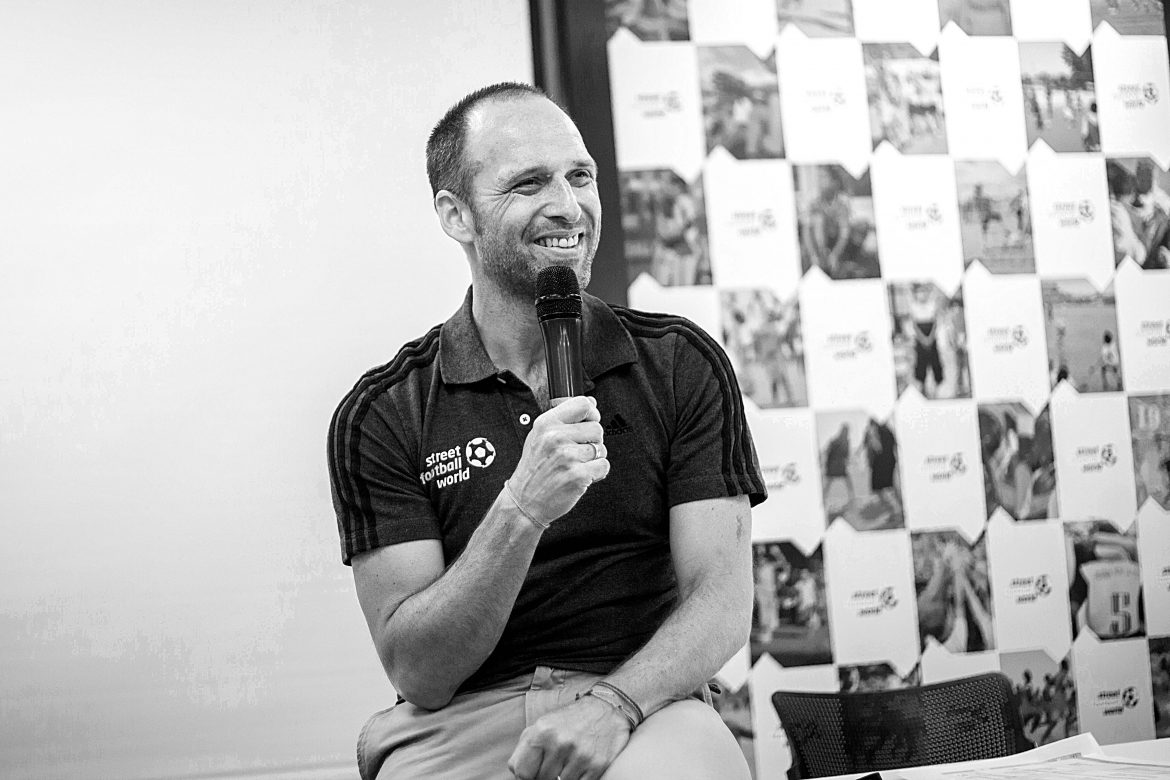
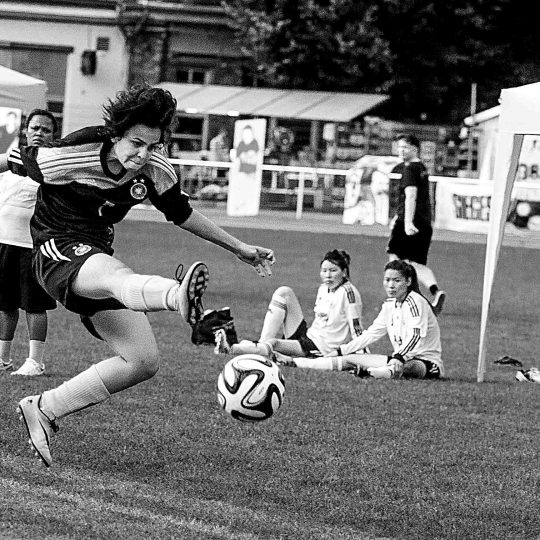
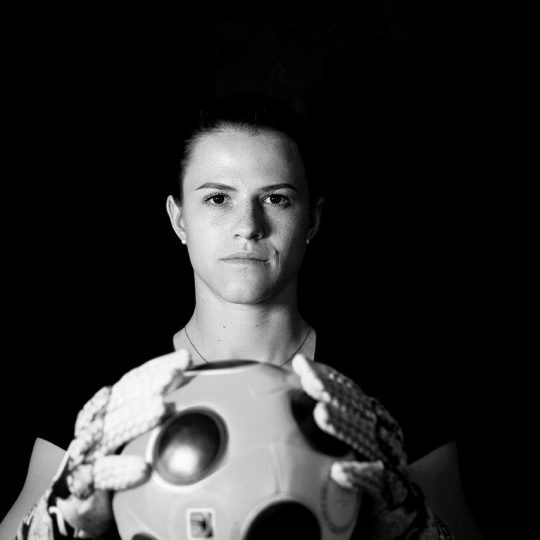
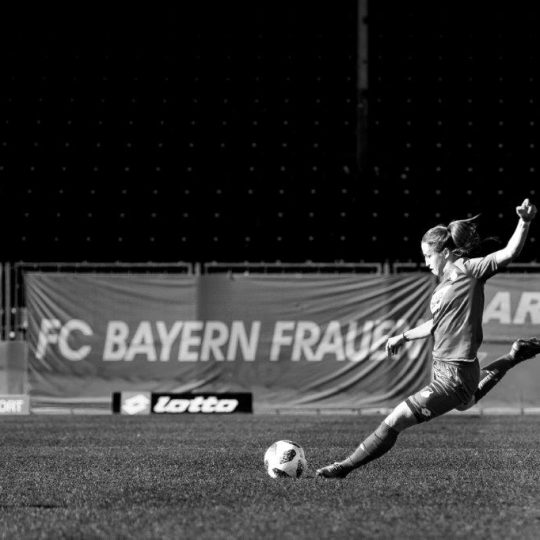
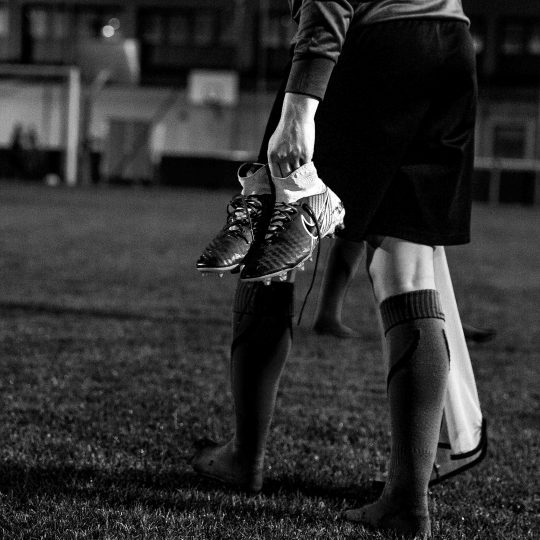
Sorry, the comment form is closed at this time.